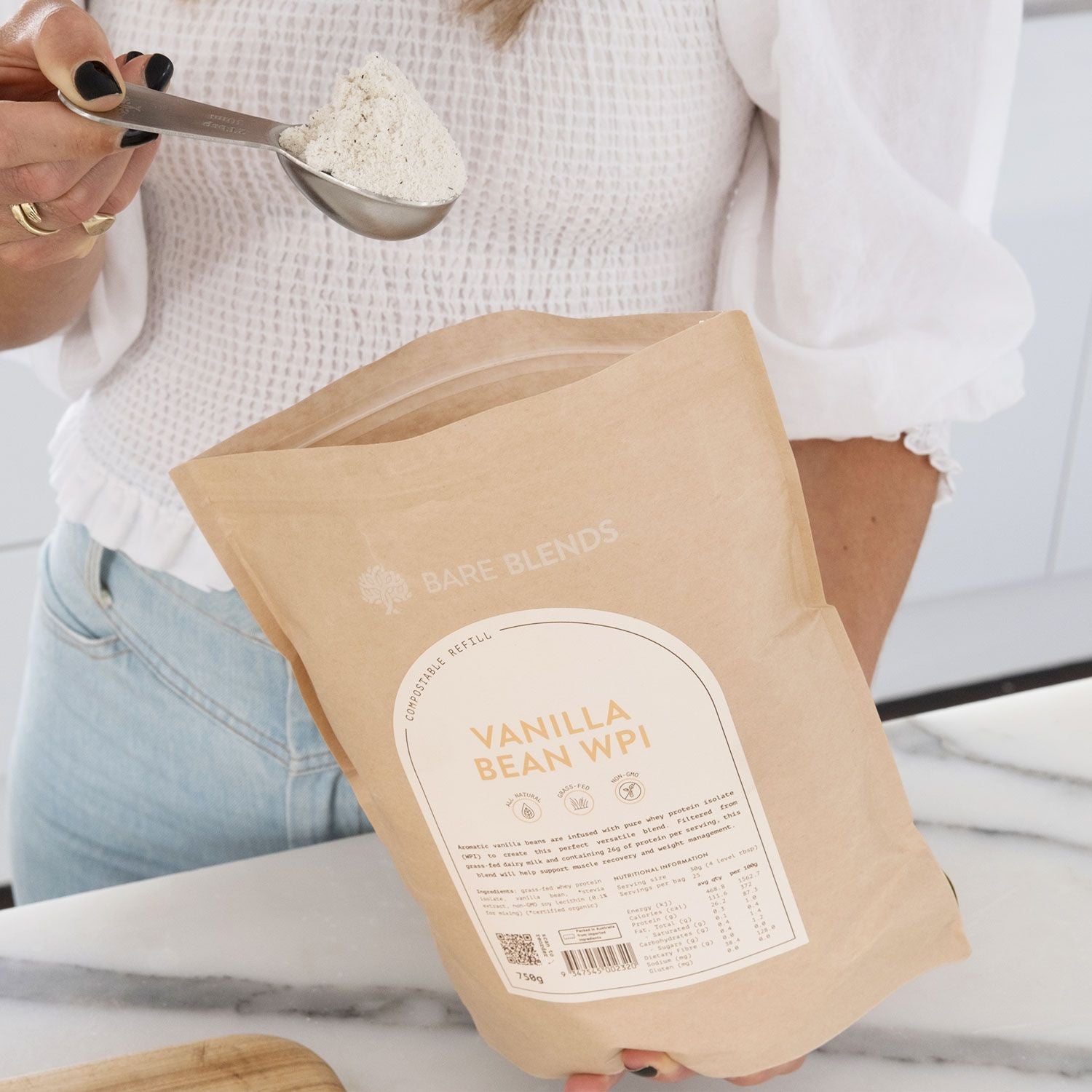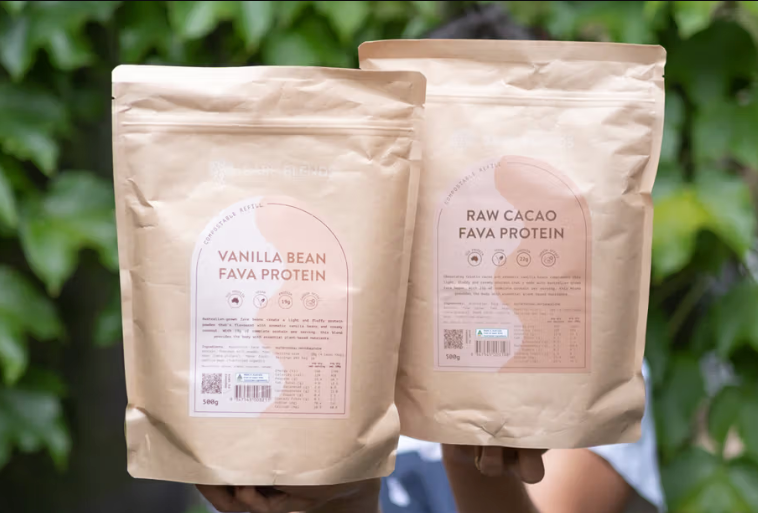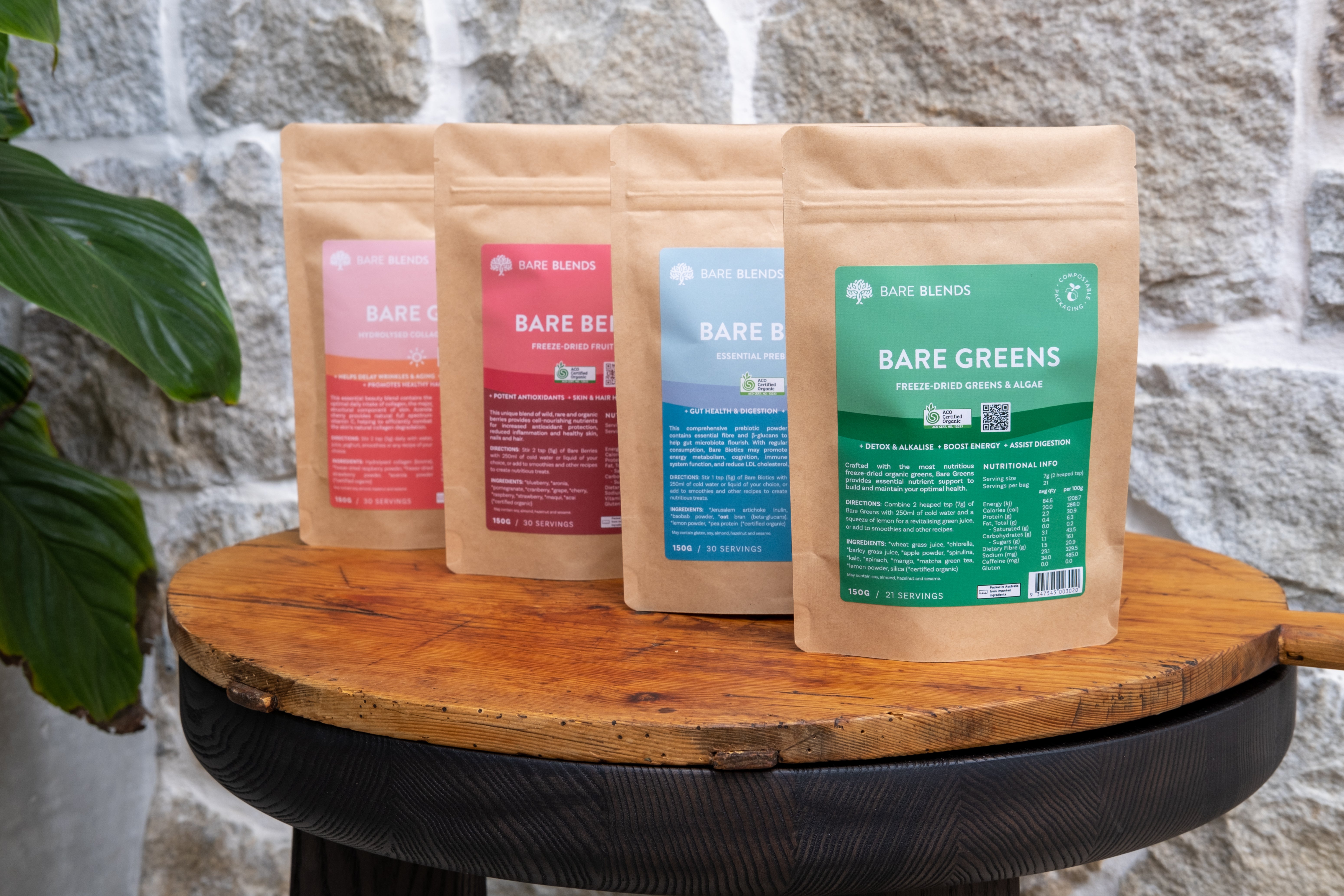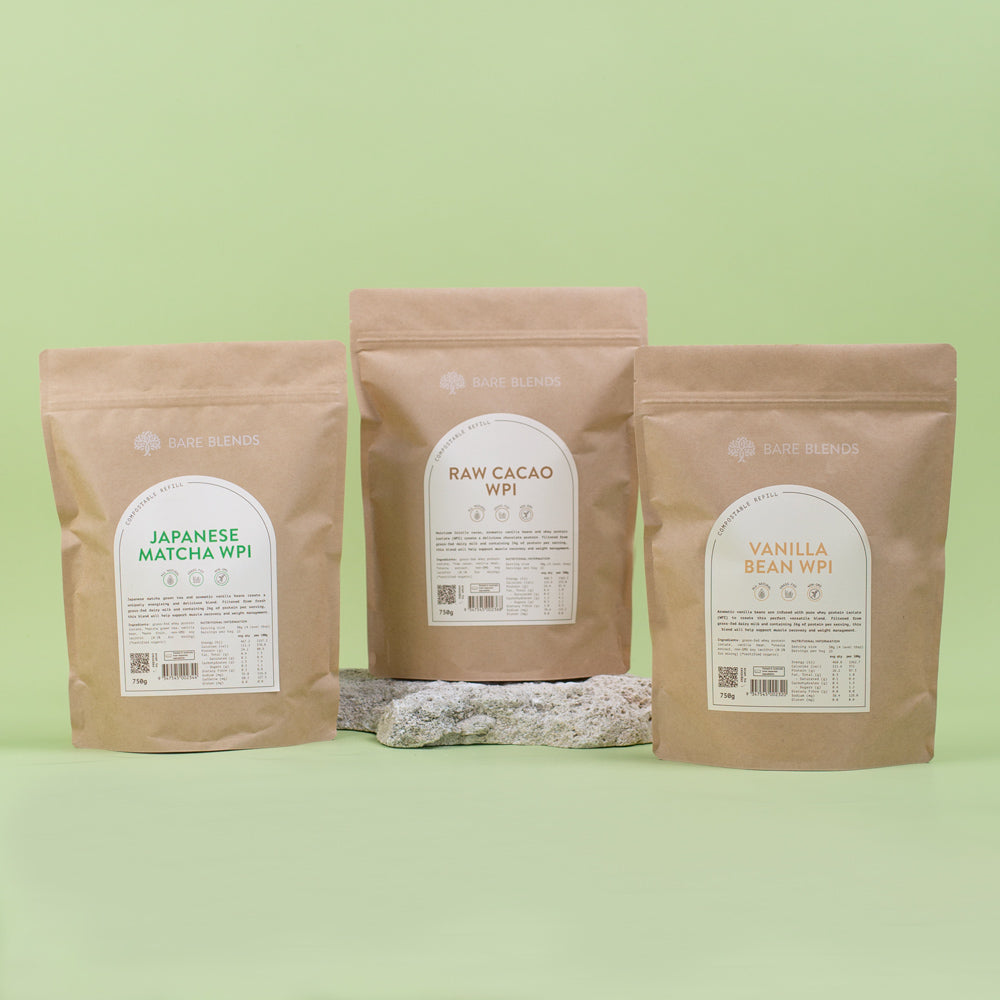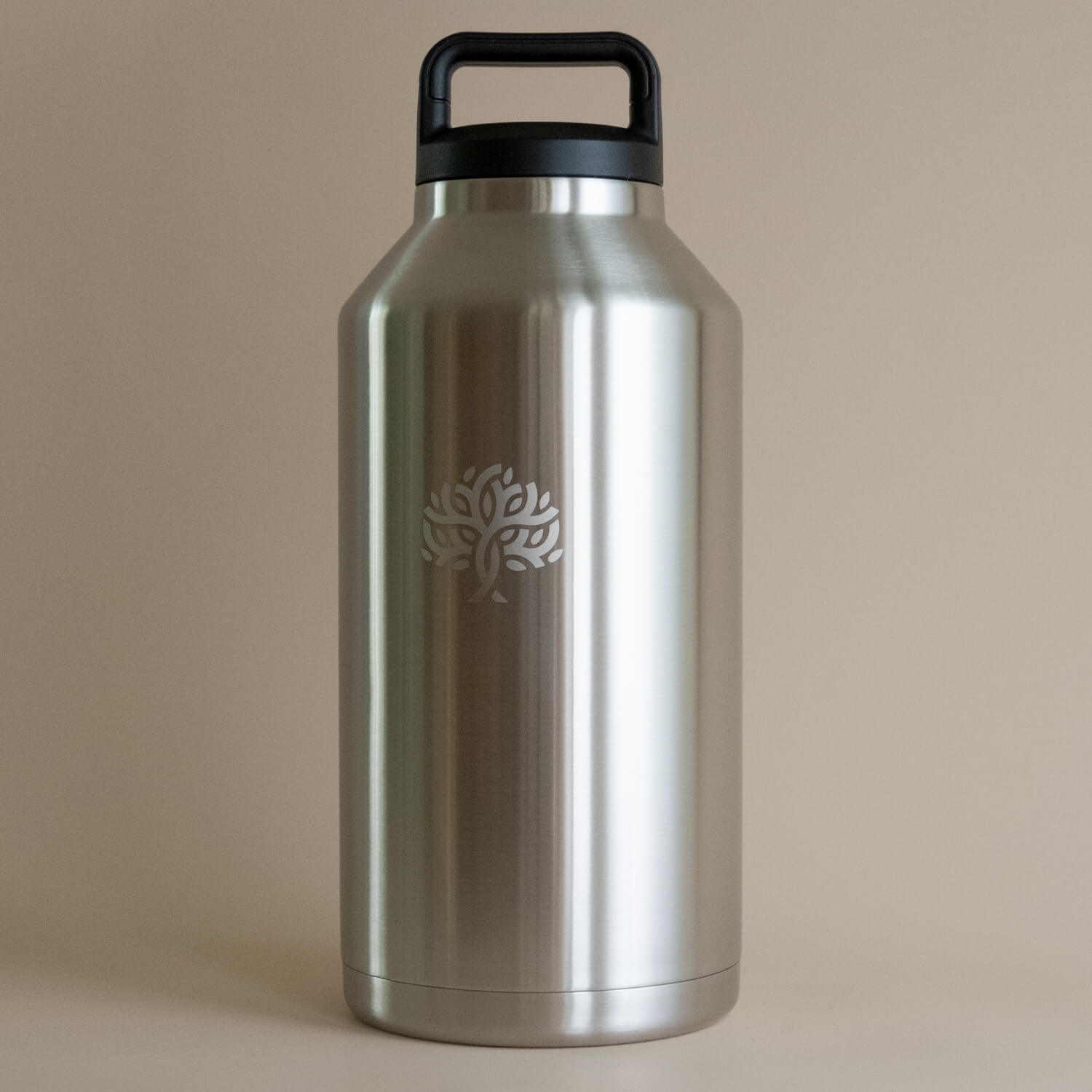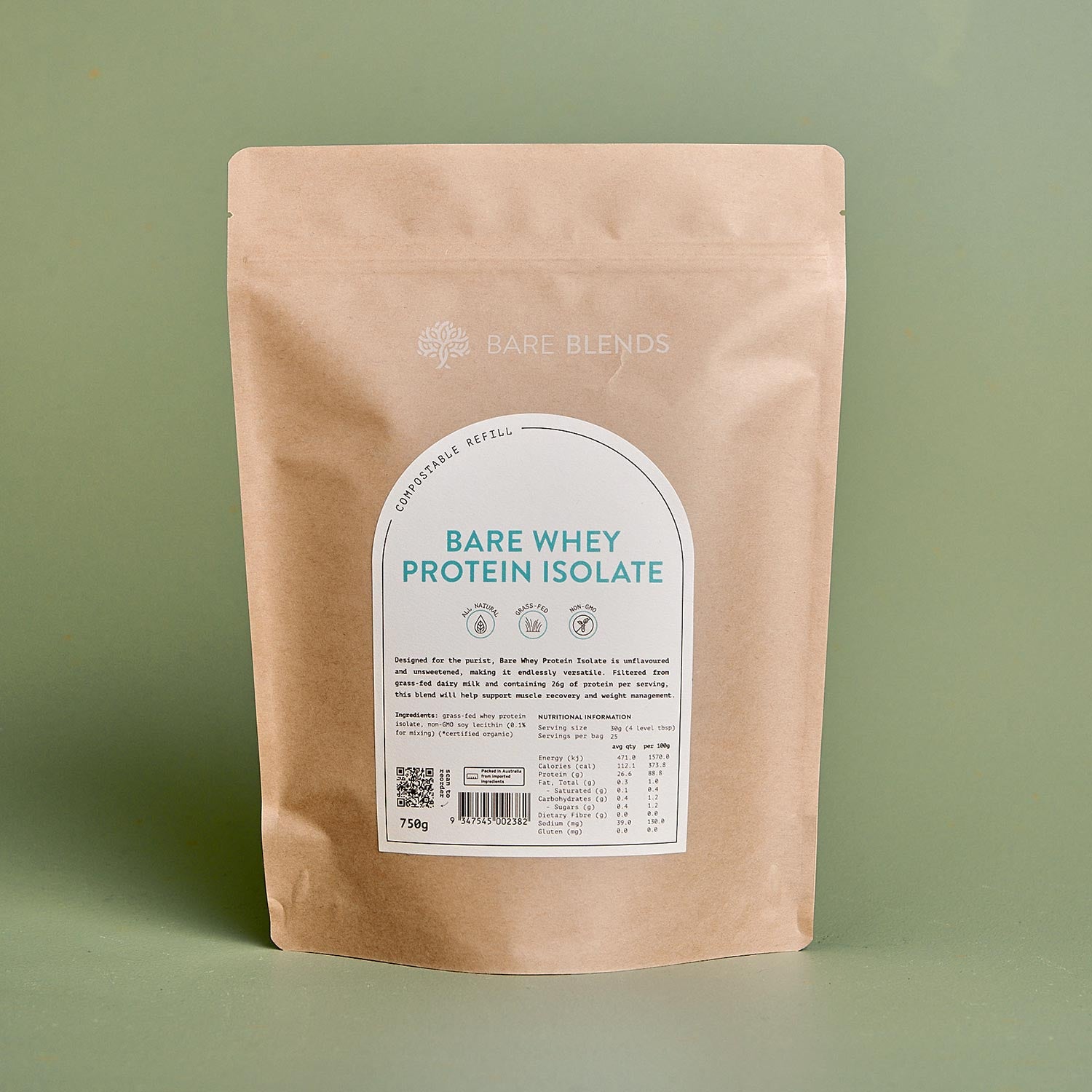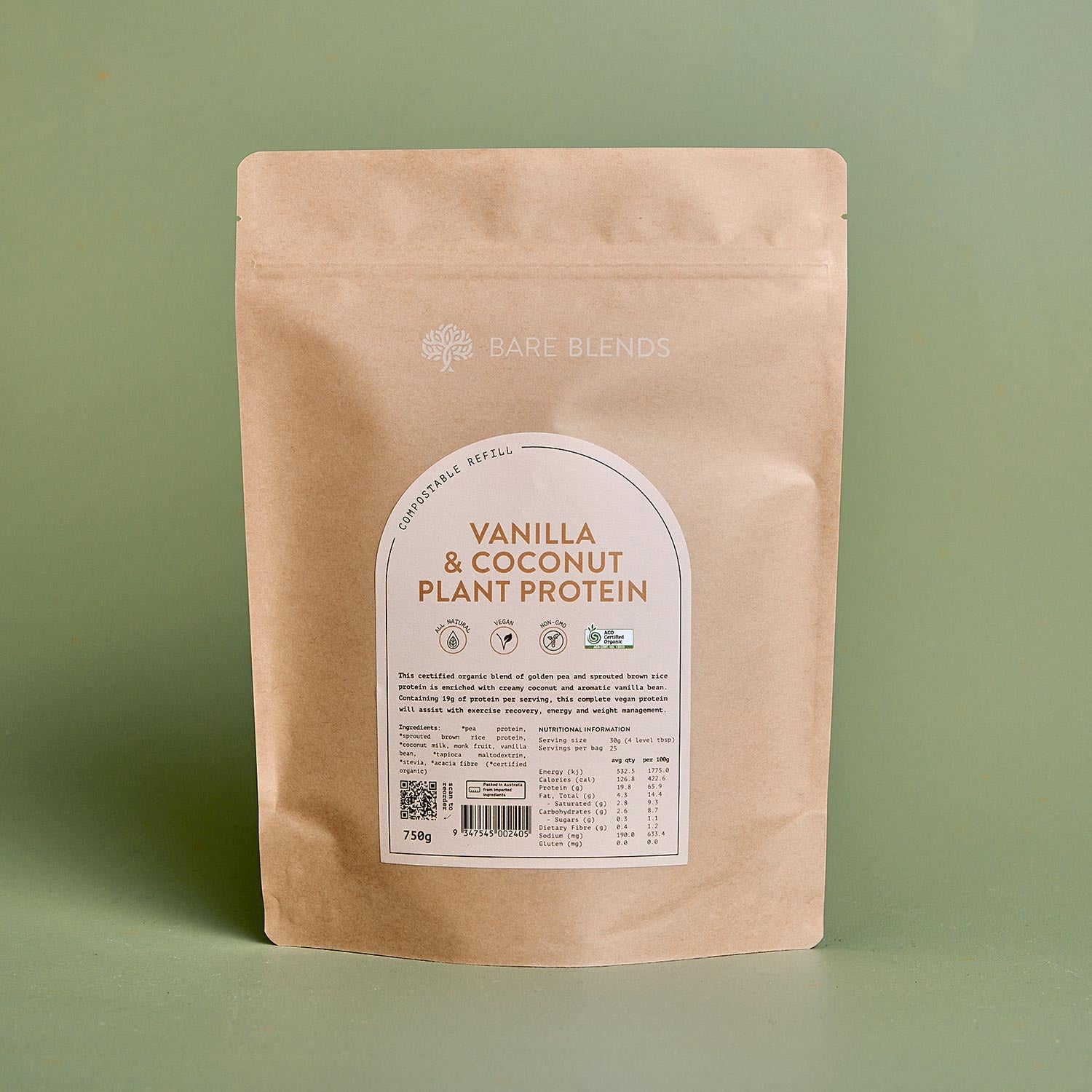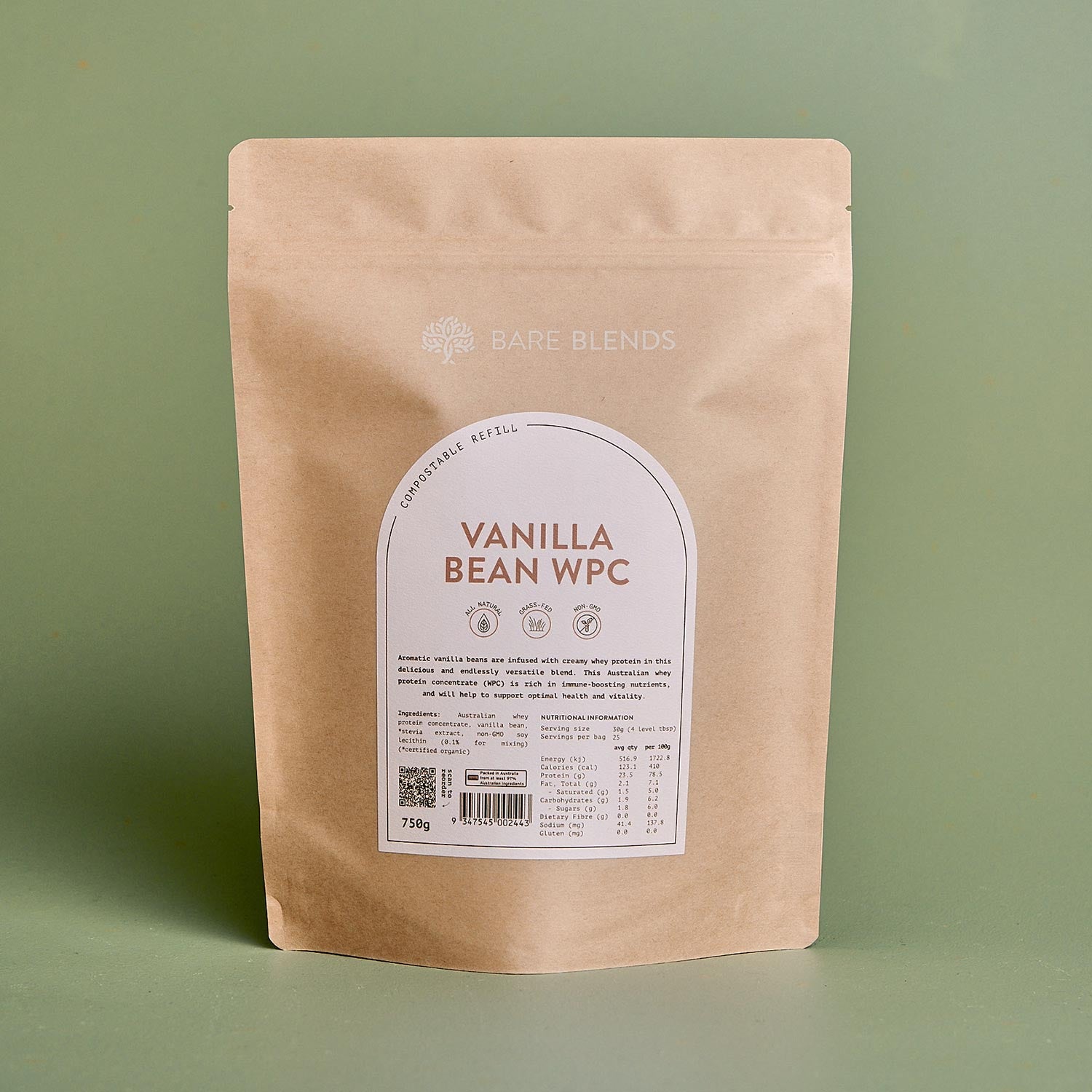Protein powder is fast becoming a staple in the diets of women across the world, not just athletes or those who exercise regularly. Protein is essential for all women, and protein powder is an easy and convenient way to increase your daily protein intake. Use this guide to find which protein is for you and why it matters.
Why do women need protein?
Proteins are the second most abundant compounds in the body, after water. Protein is responsible for everything from building tissues to making your hair and nails strong and shiny. It’s also needed for growth, maintenance and repair of muscle and body tissues, healing wounds, transporting and storing nutrients, and much more.
1. Optimal body function
For those exercising, adequate protein intake will ensure that your body has the nutrients that it needs to help with the following:
- Building And Repairing Muscle
- Balancing Hormones And Sugar Levels
- Assisting Weight Loss
- Helping To Build Muscle Tone
- Reducing Muscle Soreness During Recovery
- Increasing Energy Levels
2. Weight loss & fat loss
Evidence suggests that eating protein increases your metabolic rate and the amount of calories that you burn, boosting metabolism and reducing appetite.
Getting the right nutrition is fundamental for healthy weight loss. Your body needs food that will replenish nutrients and restore your depleted energy levels after exercise. Protein powders are a natural way of building lean muscle, managing weight, and toning up by providing your body with the nutrients required.
3. Lean muscle & definition
Studies have shown that protein intake is vital after exercise, as it assists the repair of exercise-induced damage to muscle fibres. It also facilitates the replenishment of depleted energy stores.
i. Absorption
After exercise, our muscles act similarly to sponges - they absorb whatever nutrition we feed ourselves with. That’s why consuming a high-quality protein is integral - it will help your muscle fibres repair and rebuild themselves, and will help to restore your energy levels.
Bare Blends WPI blends are particularly good at facilitating muscle growth and repair, due to the complete amino acid profile. Amino acids are the building blocks of your muscles and body. Without them, it would be impossible to build, repair or even maintain muscle tissue.
ii. Essential Amino Acids (BCAAs)
The 9 essential amino acids which are responsible for building protein are not produced within the body, so they have to be obtained from the foods we eat. Whey protein is one of the few food sources with a complete amino acid profile, therefore making it one of the best and most convenient source of protein to keep your muscles at optimal working performance.
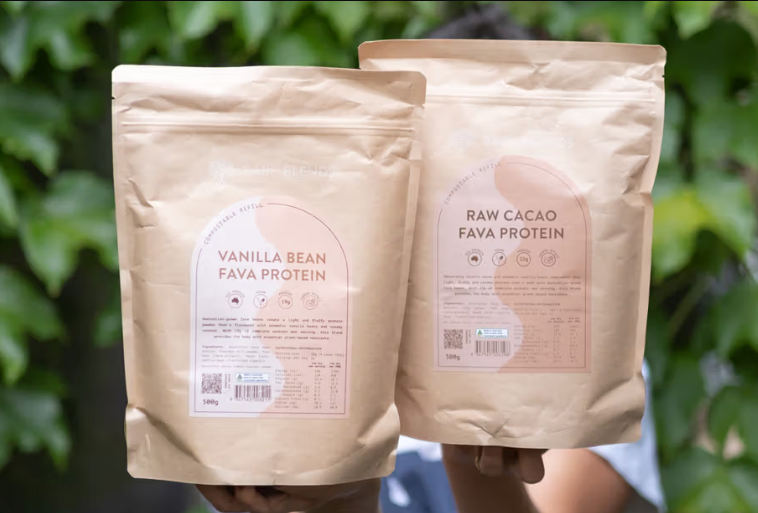
4. Prenatal nutrition and pregnancy
During pregnancy, it is important to ensure that you’re getting enough protein to enable healthy development. One serving of protein powder usually contains between 20-30g of protein per serving, so they can be a very easy and convenient source of nutrition.
Unfortunately many protein powders contain added ingredients or chemicals that aren’t safe to consume while pregnant. These contain synthesized amino acids, thickeners, artificial flavours, sugars, and other ingredients that are best to steer clear of.
Choosing a the best protein powder
The best protein powders are those with a high amount of protein, which go through minimal processing, and have no added or synthesized ingredients. When choosing a protein powder, there are some important things to consider.
What is the best protein powder for women?
1. Minimal processing
When whey protein goes through extensive processing, it becomes denatured, meaning that the proteins and amino acids lose their natural structure. Undenatured protein goes through minimal processing (only one pasteurization, as required by law) and then cold temperature processing, which results in a protein source that’s high in beneficial protein and has an excellent amino acid profile.
2. Grass fed and non-GMO
When choosing a whey protein, it’s important to choose whey which comes from dairy that’s grass-fed year round on natural pastures. Non-GMO whey also means that it’s free of pesticides, growth hormones, and chemical residues that may be present in some dairy.
3. Minimal ingredients
If the ingredient list on the back of your protein powder is long, it likely contains artificial and synthesized ingredients that should be approached with caution.
4. No synthesized or natural flavours
Flavours, whether artificial or “natural” can consist of hundreds of different chemicals. Natural flavours are substances that were initially derived from a plant or animal product, but are still created in a lab and therefore not natural at all. Therefore, avoid choosing a protein powder that contains ‘natural flavours’ and choose one that only contains organic whole foods. It will taste much better than any flavour that’s been created in a laboratory.
5. Organic plant proteins
When choosing a vegan protein powder, it is important to look for a certified organic source. This ensures that there are no pesticides, chemical residues, or heavy metals included in your plant protein, which unfortunately still make it into some of the products on the market. Bare Blends protein powders are certified by the Australian Certified Organic (ACO), which are held to the highest food standards in the world.
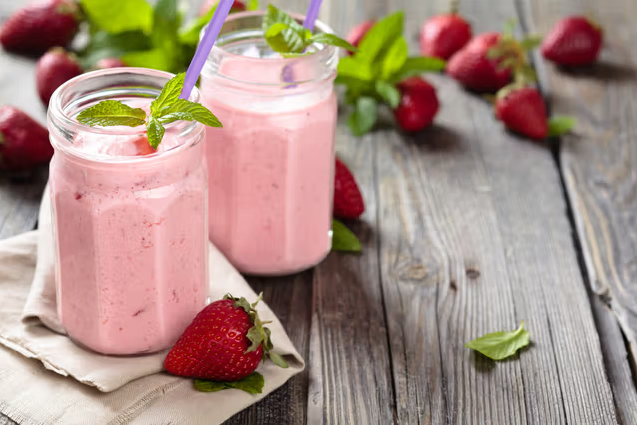
Whey protein or plant based protein? What’s best
There are many types of protein powder to consider, but some of the best protein powders for women include both whey protein powder and plant-based protein powders. They contain essential nutrients such as magnesium, calcium, potassium, and amino acids. Both whey protein and plant-based protein powders are bursting full of nutrients, and ideal for breakfast smoothies, post-workout recovery shakes, and guilt-free delicious snacks.
Whey Protein Powders
WPI (whey protein isolate) is the perfect protein for post-workout. This is due to the very high levels of protein (roughly 26g per 30g serve) and minimal amounts of sugars, carbs, and fats. As it is cold processed directly from freshly skimmed milk, it is especially undenatured and has low acidity, therefore is unrivalled in digestibility. This product is so low in lactose we have many intolerant customers who have no problems digesting it.
WPC (whey protein concentrate) is a fantastic protein source, more economical and an excellent muscle builder. Our WPC does contain lactose making it unsuitable if you are lactose intolerant. It will keep you fuller for longer and has more immune boosting properties with the extra nutrients from the good fats.
Vegan Protein & Plant based protein
Bare Blends’ vegan protein powders are made with the optimal ratio of organic pea and sprouted brown rice protein. Plant proteins are very easy on the digestive system and have potential for allergic response. They’re a great alternative to whey protein for plant-based diets.
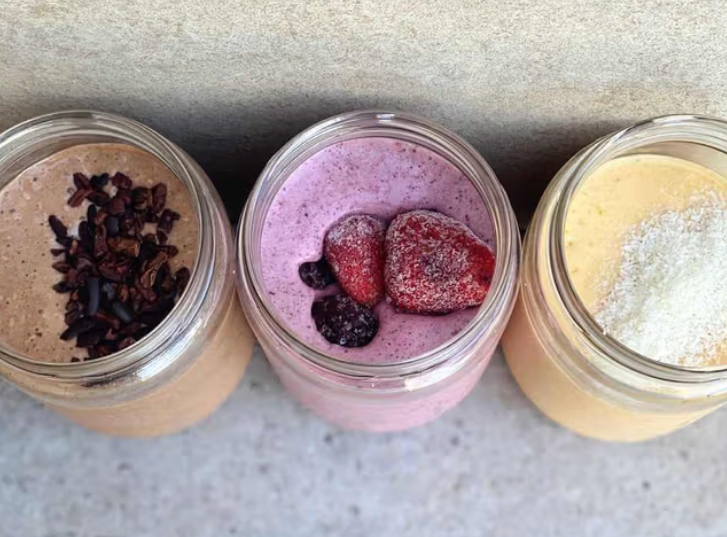
When should I take protein?
Protein can be taken throughout the day, however there are optimal times to take it depending on your goals.
For lean muscle: Post workout
To build strength, protein intake after exercise is critical. Without it, your muscles won’t be getting sufficient fuel to rebuild and recover. Having protein straight away will ensure that you’re receiving the amino acids and nutrients your muscles need.
After a workout, as your muscles will absorb whatever food you fuel them with. So a protein shake or smoothie post exercise with a high-quality protein source is very important. You can create a post-exercise protein shake by mixing your protein powder with either nut milk, coconut water, dairy milk or water.
For weight management: In a morning smoothie
A nutrient-dense smoothie in the morning is also recommended as the satiating effect of protein will keep you feeling full throughout the day and will help to balance your blood sugar levels. They’re also a very easy addition to a breakfast smoothie, afternoon snack, a protein shake to keep you feeling full throughout the afternoon, or in various recipes.
For sleep: Before bed
In a study conducted last year, it was proven that diets that were higher in protein were associated with better sleep quality, while higher carbohydrate intake resulted in significantly shorter wake times.
Eating foods high in protein during the day and at night can help to induce better sleep quality, helping you to fall asleep and stay asleep. Protein contains amino acids such as tryptophan which help the body produce serotonin and melatonin, regulating your sleep and wake cycles.
Protein powder for women questions
Our whey protein blends use the highest quality wheys available, and don't include any artificial ingredients or high-level doses of synthesised amino acids. It should be an acceptable source of protein during pregnancy for healthy women without dairy allergens. As pregnancy is extremely personalised, we do recommend that prior to taking whey protein, pregnant and breastfeeding women should consult a physician to be sure whey protein is right for them.
Yes, protein shakes can be used as meal replacements, especially if blended with nut milk, dairy milk, or coconut water and nuts/fruits/veggies. This will make a satiating smoothie that will keep you feeling full and provide you with nutrients and energy throughout the day. We do of course recommend a healthy wholefood diet in conjunction with our supplements, and at least a minimal amount of exercise per day so that you can make the most out of our protein and its lean-muscle building and weight-management attributes.
Bare Blends whey protein isolate blends contain almost no lactose, and are suitable for lactose intolerant people. The NZ whey protein concentrate contains significantly more lactose, and is not as suitable for those with intolerances. Vegan, plant-based protein powders are also recommended as an alternative to those who are very sensitive to dairy products.
The recommended serving size is 30g, which equates to 3 tablespoons. Our serving sizes are an estimate for the average person, however, each individual will have different requirement for their optimal protein consumption. You may wish to experiment with the serving size until you find a quantity that suits you. For people consuming whey for weight management, consume 20-30g per serving For athletes aiming to increase lean muscle growth, or participating in strenuous exercise, consume 35g or more.
Whey protein is one of the few sources that naturally contain all 20 amino acids, making it a complete protein. Bare Blends’ whey protein isolate blends have a superior amino acid profile, and are especially undenatured due to low-temperature processing. They provide our bodies with the most functional protein to recover, repair and build muscles, and also boosting our immunity. The essential amino acids in each WPI blend can be viewed in the nutritional table on the product page.
No, absolutely not. Whey protein has long been the protein supplementation of choice for athletes and bodybuilders because it is the most easily absorbed, high protein source available. But protein is important for everyone, not just athletes and bodybuilders, and can be incorporated to almost any diet to support a healthy lifestyle!

